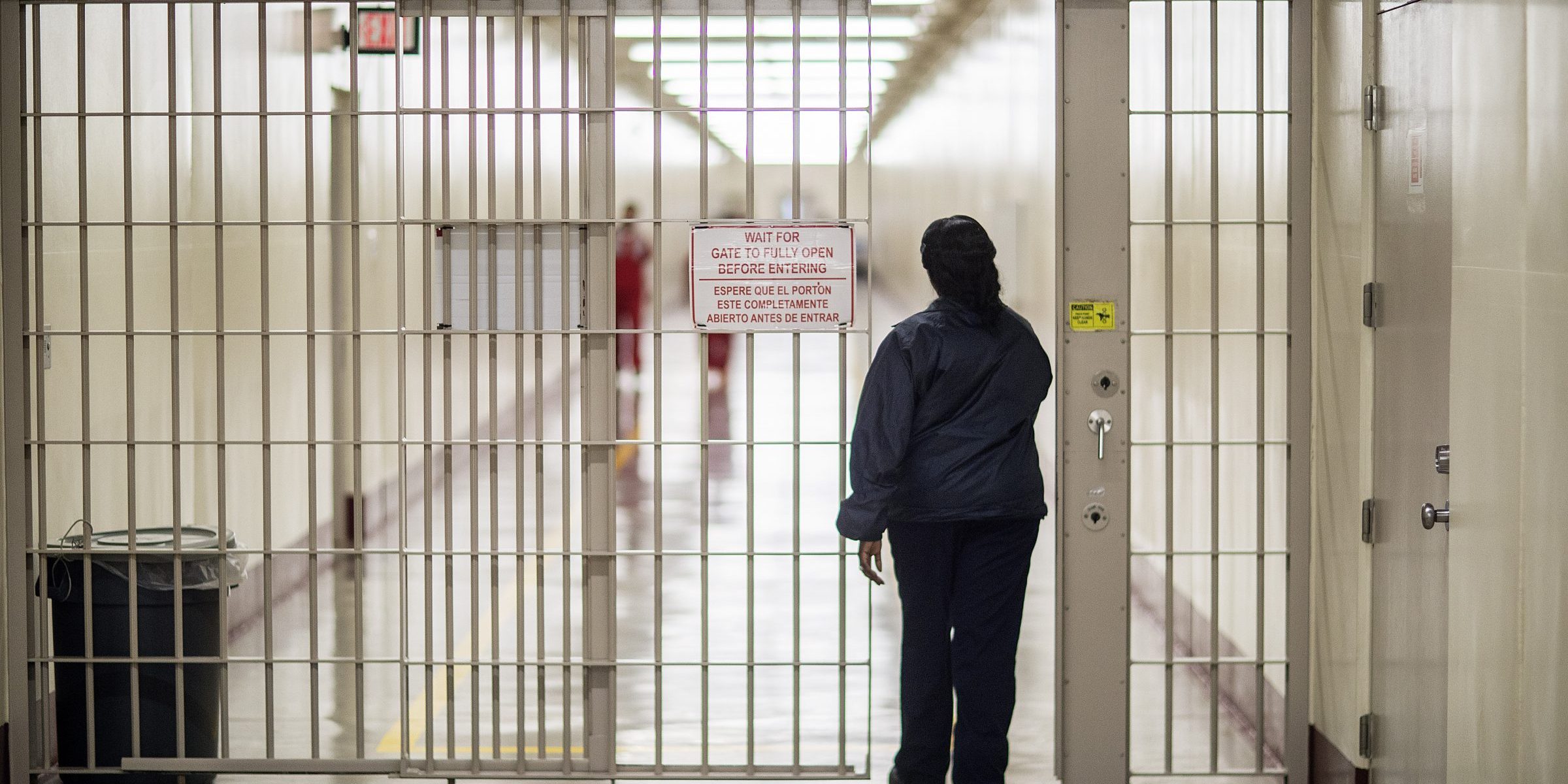Immigrant rights attorneys claim the federal government has made it so difficult to reach detainees in Georgia during the pandemic that it’s violating their constitutional protections.
This is not a new problem, according to the Southern Poverty Law Center. The advocacy nonprofit has been fighting a lawsuit for more access to Georgia immigration centers for the past two years.
But with the pandemic, attorney Erin Argueta with the group’s Southeast Immigrant Freedom Initiative said things have become much worse.
She’s based in Lumpkin, Georgia, near the Stewart Detention Center, one of the U.S. Customs and Immigration facilities. She said she’s stuck contacting detainees remotely now and that’s extremely slow.
“We have to wait a week to schedule a video call with them,” Argueta said. “And then we have to mail them something to sign and wait for them to return it to us.”
After that, she said she has to start requesting records that might help with the detainees’ cases. Argueta said in the time that she’s sending things by mail and waiting for video calls, the detainees’ hearings may have come and gone.
Immigration courts haven’t slowed down at all with the COVID-19 virus, Argueta said. When detainees reach out to her for help, they may only have a few weeks until their final court dates.
“I had one recently when I finally got the person’s medical records, he had withdrawn his request for relief a couple of days earlier,” she said. “So he’s waiting to be deported.”
She’d hoped to argue for his release because of his health.
The Southern Poverty Law Center is asking a federal judge to step in that detention center in Stewart county and at another in Irwin County. The group wants more video call equipment and simply the ability to fax or email documents.
The attorneys said this is even more important now with the coronavirus outbreak–to ensure detainees are healthy.
At the Stewart Detention Center, more than 40 employees have tested positive for the virus. So far, ICE has confirmed only 11 detainee cases.
Advocates have argued there must be more. They say it’s impossible for detainees to social distance within the facility, which can hold up to 2,000 people. Dozens of inmates may sleep on bunk beds in the same open rooms.
Families of those inside are anxious. Patricia Martinez’s husband is held there. The virus only adds to her worries about his case.
“I mean, who knows, I don’t know if he’s sick,” Martinez said. “I don’t know if he’s got it.”
Because ICE has stopped allowing family members to visit detention centers, she hasn’t seen her husband since he was arrested in February.
The agency hasn’t cut off in-person access for attorneys. But the Southern Poverty Law Center determined that its staff couldn’t visit immigration centers without putting detainees at greater risk of getting the virus.
A federal court could rule on the attorneys’ motion for a temporary restraining order expanding remote communication any day. The request also includes two detention centers in Louisiana.
ICE said it doesn’t comment on pending litigation.









